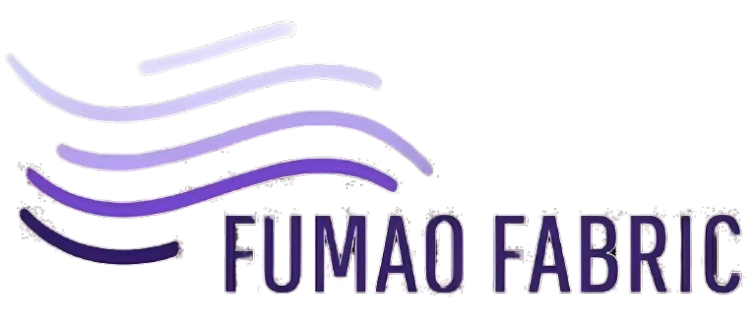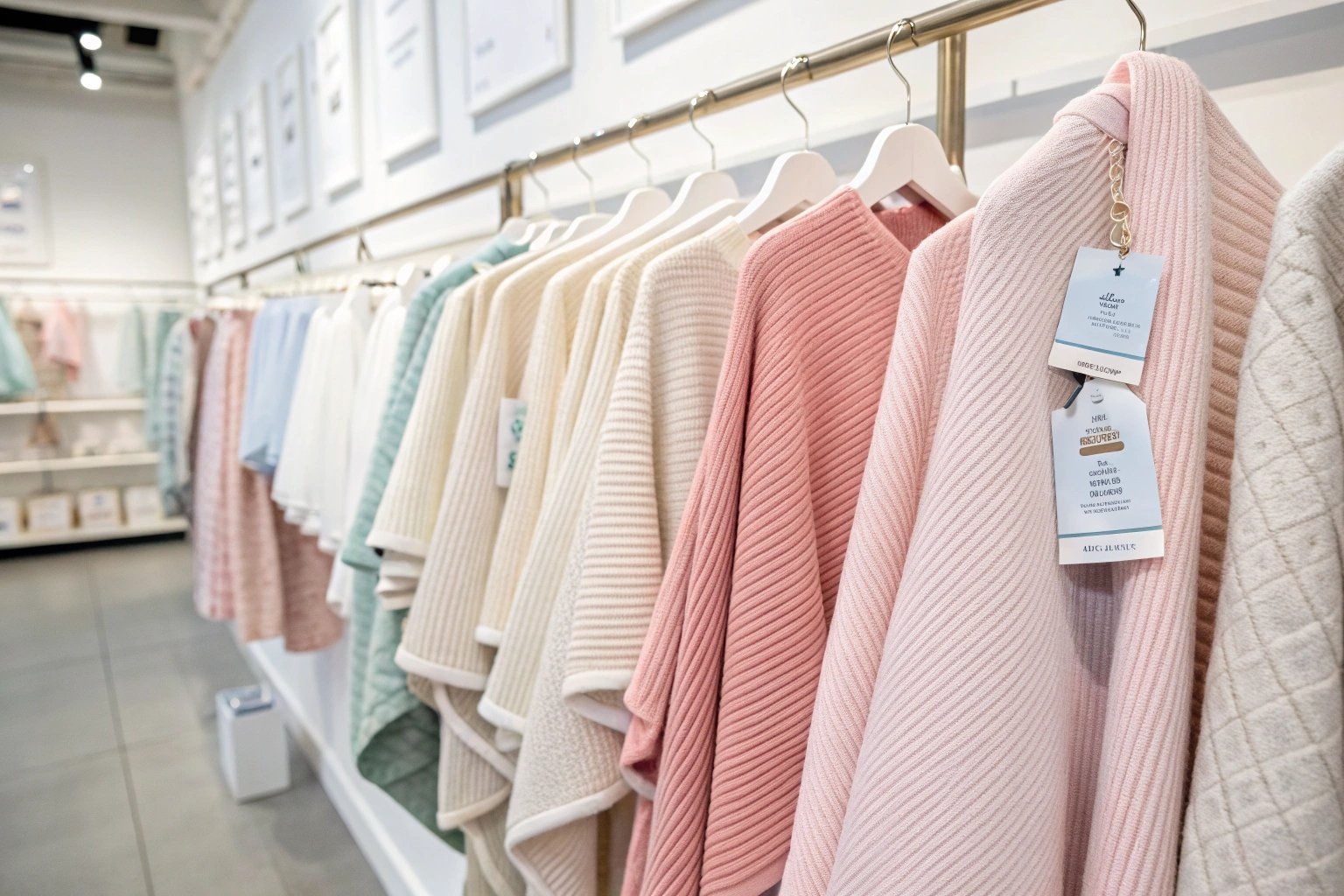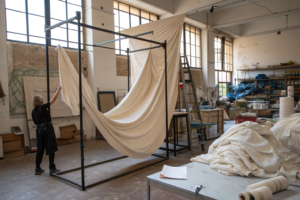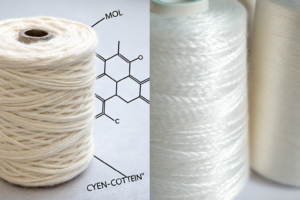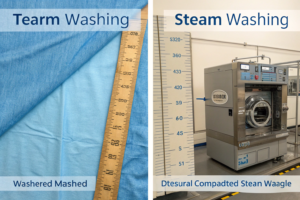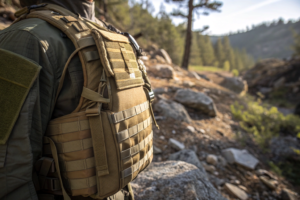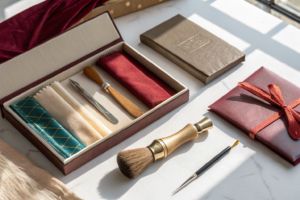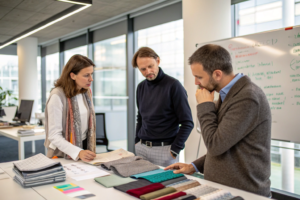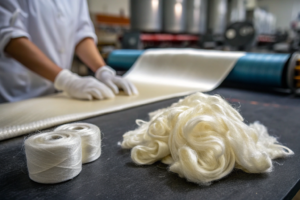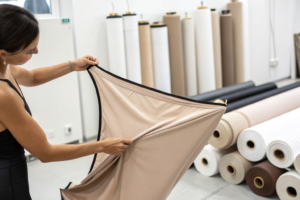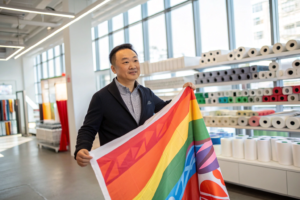Sourcing baby knit fabric isn’t just about feel—it’s about trust. For buyers supplying infant wear, safety standards like Oeko-Tex certification are non-negotiable. Whether you're a babywear brand, a boutique label owner, or a large distributor, one of the first questions you face is: Where can I find certified knit fabrics that are both safe and scalable for infants?
You can source Oeko-Tex certified baby knit fabrics from verified textile manufacturers in China, India, Turkey, and select certified suppliers online, with Keqiao-based mills in China offering the best combination of quality, certification, and global logistics.
At Fumao Fabric, we’ve worked with clients from the U.S., EU, and Southeast Asia who manufacture for big-name babywear brands. These buyers demand not just softness and color, but also globally recognized safety compliance. Oeko-Tex is the gold standard, and this is where we stand out.
What Makes Oeko-Tex Certification Crucial for Babywear?
Baby skin is sensitive, and exposure to harmful chemicals in textiles can lead to allergies or worse. That’s why certification isn’t a marketing bonus—it’s a health necessity.
Oeko-Tex Standard 100 ensures that every component of the fabric—from threads to dyes—is free from over 100 harmful substances and safe for direct contact with infant skin.
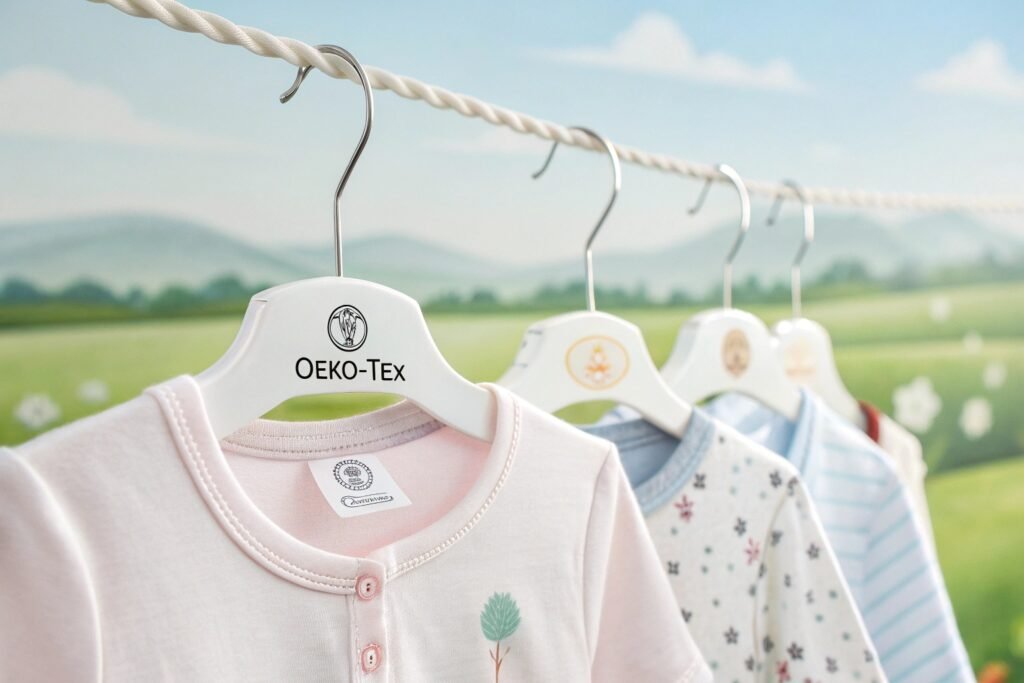
What does Oeko-Tex Class 1 mean?
Oeko-Tex Class 1 is the highest safety category—specifically for babies and toddlers under 3 years old. It guarantees fabrics are free from carcinogens, heavy metals, formaldehyde, and skin-irritating agents. At Fumao, we ensure all baby fabric lines pass Class 1 testing and verify every certificate through the Oeko-Tex label checker.
What baby knit fabrics can be Oeko-Tex certified?
Most knit constructions used in babywear—like rib knit, interlock, jersey, and brushed fleece—can be certified as long as the yarns and finishing chemicals comply. Our most requested materials are organic cotton-spandex blends, bamboo rayon knits, and modal interlocks. These offer softness and safety without compromise.
Which Countries Offer the Most Reliable Oeko-Tex Knit Suppliers?
While many regions claim compliance, only a few have deep integration of Oeko-Tex-certified baby knit production.
China (especially Keqiao), India, and Turkey offer the most mature networks of Oeko-Tex certified baby knit fabric manufacturers, with China leading in speed and variety.
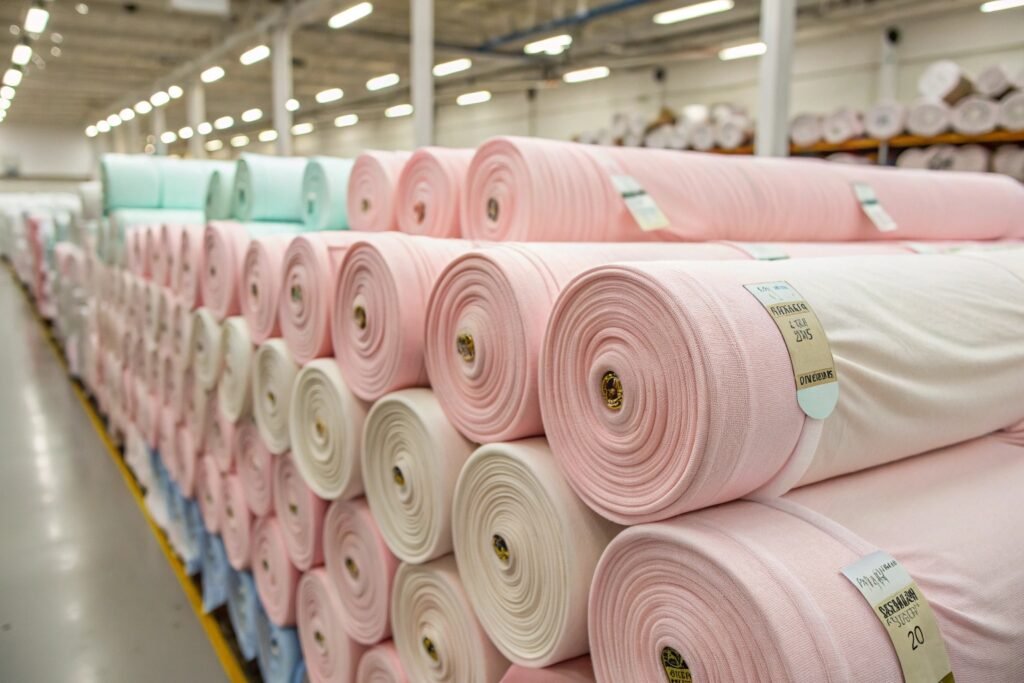
Why is Keqiao, China a top choice?
Keqiao is home to over 8,000 textile companies and represents 25% of the world’s fabric trade. With CNAS labs and vertical supply chains, Keqiao mills can provide in-stock certified knits, fast lab dips, and bulk production with Oeko-Tex traceability. Our babywear clients from the U.S. and Europe often choose Keqiao for its shipping speed and consistent QC.
How do India and Turkey compare?
India’s Tiruppur region is known for organic and sustainable textiles. Many Indian mills hold Oeko-Tex and GOTS dual certification. Turkey, especially around Denizli and Istanbul, offers European proximity and strong knitwear traditions. However, lead times and pricing can fluctuate more than in China due to energy and logistics costs.
What Knit Constructions Are Best for Baby Clothing?
Not all knits are created equal. In babywear, construction directly affects softness, stretch, and breathability.
Rib knit, interlock, jersey, and brushed fleece are the most popular Oeko-Tex certified constructions used in baby garments.
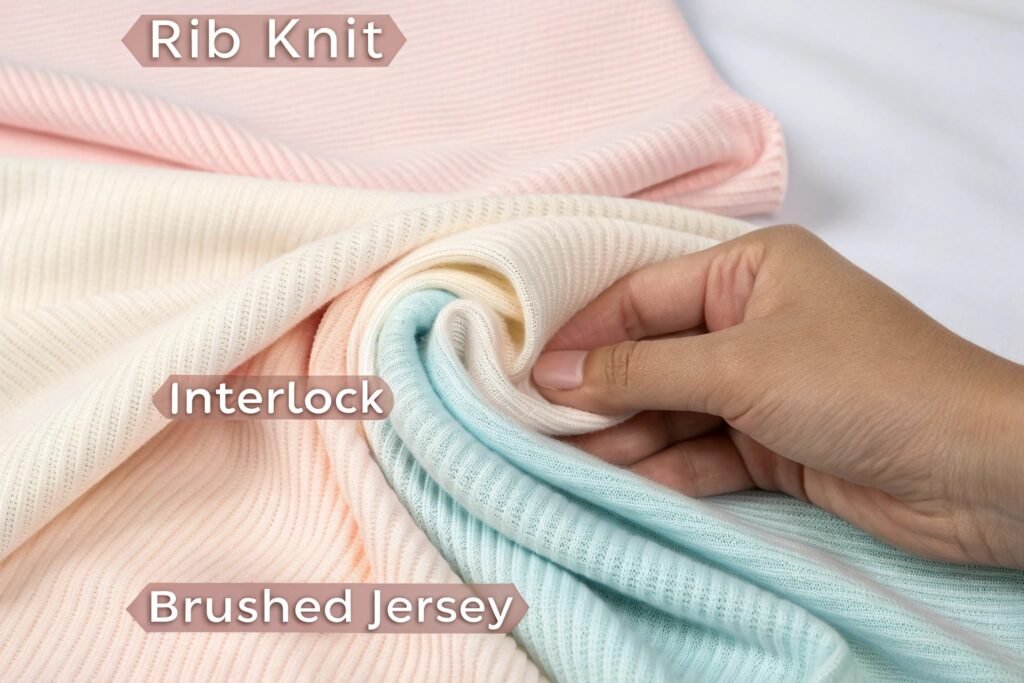
Why is interlock knit favored for baby garments?
Interlock is smooth on both sides and slightly thicker than jersey, making it ideal for infant bodysuits and pajamas. Its double-knit structure provides insulation and structure while maintaining softness. Many of our European babywear clients use interlock knits for winter collections and export via DDP shipping with integrated certification copies.
What makes brushed fleece a strong choice?
Brushed fleece has a soft inner nap that’s perfect for cozy winterwear. Oeko-Tex brushed fleece made with cotton-modal or cotton-poly blends gives warmth without bulk. We source fleece with certified reactive dyes to ensure colorfastness, even after multiple washes.
How to Verify and Work With a Certified Supplier?
Finding a source is easy—verifying it is harder. Many factories claim certification but don’t keep it current or lack Class 1 coverage.
Always cross-check Oeko-Tex label numbers, ask for Class 1 test reports, and confirm batch-level compliance before placing baby fabric orders.
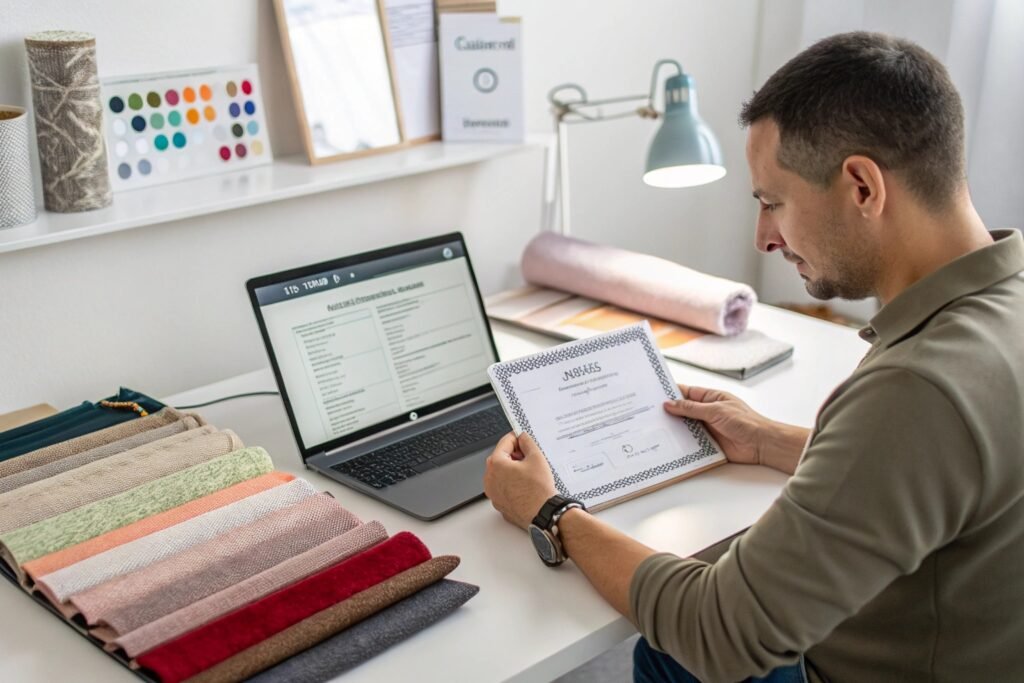
How can I verify Oeko-Tex validity?
Every Oeko-Tex certificate comes with a 12-month validity and unique label number. Go to the Oeko-Tex label check tool and enter the number to confirm. At Fumao, we upload PDF versions with every quote. We also send post-dyeing lab reports to confirm that every batch still meets Class 1 status.
What questions should I ask when contacting a supplier?
- Do you have Class 1 Oeko-Tex certification for this knit type?
- Can you provide digital access to certificates?
- What are your standard MOQs and lead times?
- Can I request lab dip or shrinkage reports with my swatch?
A trustworthy supplier will provide answers quickly, often through ERP-linked portals or instant fabric databases like we use in Keqiao.
Conclusion
When it comes to babies, only the safest and softest fabrics will do. Oeko-Tex certification gives global buyers peace of mind—but only if they source from reliable, well-audited mills. From jersey and interlock to brushed fleece, the right baby knit starts with the right partner. At Fumao Fabric, we combine in-stock variety, fast sampling, and Class 1 certifications to help you build trust into every stitch. If you're sourcing for comfort, safety, and speed—we're here to deliver.
